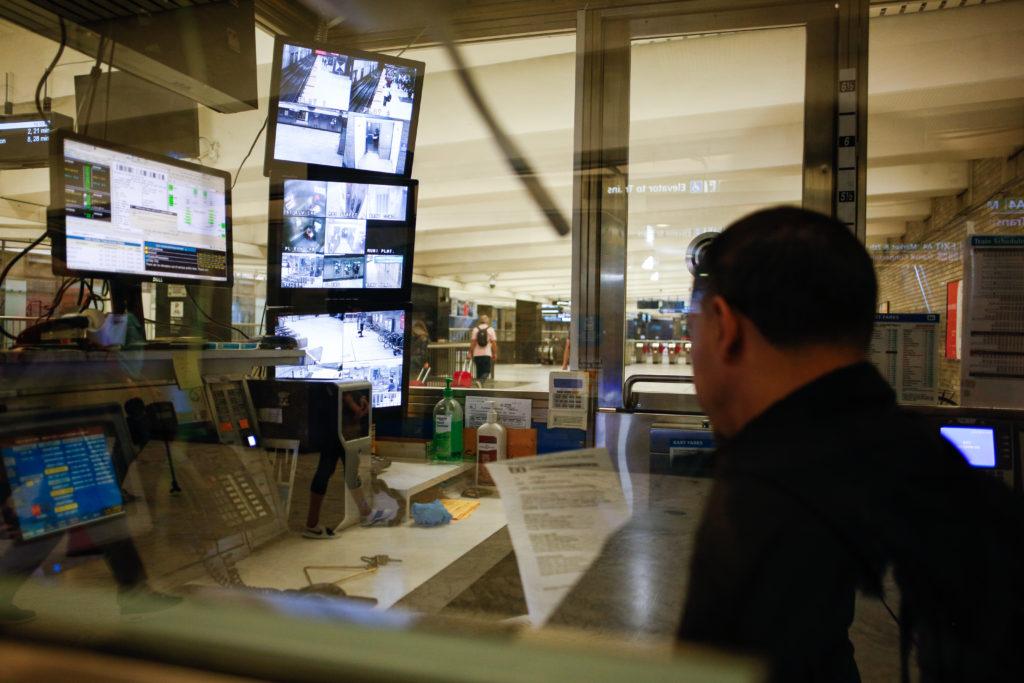“Where BART clearly failed over the summer is communicating to the public about serious and even fatal incidents that happen at their station,” said Janice Li, San Francisco bicycle activist and newly-elected director. “BART must value transparency and be responsive to the public’s concerns.”
Bay Area voters elected three new BART directors and re-elected one incumbent on Nov. 6 in the midst of increasing criticism over safety and reliability on BART’s troubled transit system.
BART director elections took place in San Francisco, Oakland, southern Alameda County and eastern Contra Costa County for four of the nine BART board seats.
Each BART board director serves a four-year term shaping policy for the agency and represents approximately 374,000 residents in each district.
Li beat Eva Chao by 31 percent for BART District 8 according to Ballotpedia. She said her top three priorities in office are safety, fiscal responsibility and affordability.
In eastern Contra Costa County, utility system analyst Mark Foley toppled incumbent Joel Keller by 62 percent of the vote according to Voter’s Edge California.
Foley said improving rider safety, accountability and fixing the Antioch-Pittsburg eBART system would be his first steps as director for BART District 2.
“I want to make sure people can feel safe and comfortable riding the system again,” Foley told the Xpress. “Right now, I think the criminals feel most safe on BART.”
In southern Alameda County, civil engineer Liz Ames bested Anu Natarajan by 53 percent for BART District 6. Ames said making BART safe, clean and affordable would be high on her agenda as director.
“We aren’t allocating resources where they are needed. You’re starting to see the system fall apart. It’s too slow,” Ames told the Xpress. “We need to focus on the rider’s experience.”
Ames and Foley would like to see more police at BART stations and trains, but Li was reluctant to support increased policing.
“When armed BART officers continue shooting and killing young men of color, including Sahleem Tindle this past January, I do not feel comfortable with increasing BART police presence until there is a comprehensive reform plan in place,” Li said.
BART hired 27 police officers in the past year and a half to fill vacancies according to a BART press release in July.
Ames, Foley and Li said they would like to make BART stations more secure by reducing fare evasion. BART estimates it loses $15 million to $25 million in revenue due to fare evaders.
BART started a controversial proof-of-payment program in January where fare enforcement teams cited fare evaders on trains and stations.
During a BART safety meeting in Pittsburg on Sept. 27, BART officials revealed African-American riders received a disproportionate number of citations for fare evasion.
“I have concerns about the fare evasion program just from a profiling standpoint,” Foley said. “I know they enter a train and sweep the entire train to check, but it was disturbing to see the report that showed a higher amount of individuals who were ticketed were African-American.”
Li and Ames shared Foley’s concerns about fare enforcement.
“I don’t agree with the fare enforcement program, and when reports reveal that black folks receive half of fare enforcement tickets, something’s not right,” Li said.
Li said she would like to see more resources directed to the homeless by creating social worker teams modeled after a San Francisco Public Library outreach program.
According to the American Library Association, SF Public Library has a full-time social worker and psychiatrist who help the homeless find shelter, showers and hot meals.
Ames said BART must concentrate on transportation first before taking on any other responsibilities.
“We’re not a social service group, we have to focus on transit,” Ames said. “The homeless people need help, but this is not something BART can handle.”
BART brought new trains into service this year, but Foley said BART isn’t replacing its aging system with the “Fleet of the Future” fast enough.
“I’m disappointed that the ‘Fleet of the Future’ is still the fleet of the future. I wish it were here right now,” Foley said.
BART currently has 45 new cars in service, but only 30 of them have been approved to carry passengers.
The new trains contain more technology than the 669 older cars in service but software delays and training requirements delayed their production, according to BART spokesperson Chris Filippi.
“The first 10 pilot cars were far from a finished product. BART and the manufacturer have worked diligently to ensure our new fleet is as safe and reliable as we can possibly make them,” Filippi said.
Ames and Foley were skeptical of BART plans to create a second Transbay Tube into San Francisco.
“If we’re in a situation where we don’t have enough trains, adding another tube won’t answer that,” Foley said. “It looks good on paper, but I think we need to understand if the system can handle that extra capacity.”
Ames said Bay Area cities should create more job opportunities closer to home rather than downtown San Francisco.
“People will travel a long distance for a good paying job,” Ames said. “It’s always a mosh pit once you get to Oakland because everyone gets off on Embarcadero since that’s where all the jobs are.”
Li said BART expansions come at the cost of sacrificing urgent maintenance needs.
“We need new power substations. We need new tracks. We need elevator and escalator replacement,” Li said. “And when those projects aren’t delivered, BART riders are the ones who lose out.”










